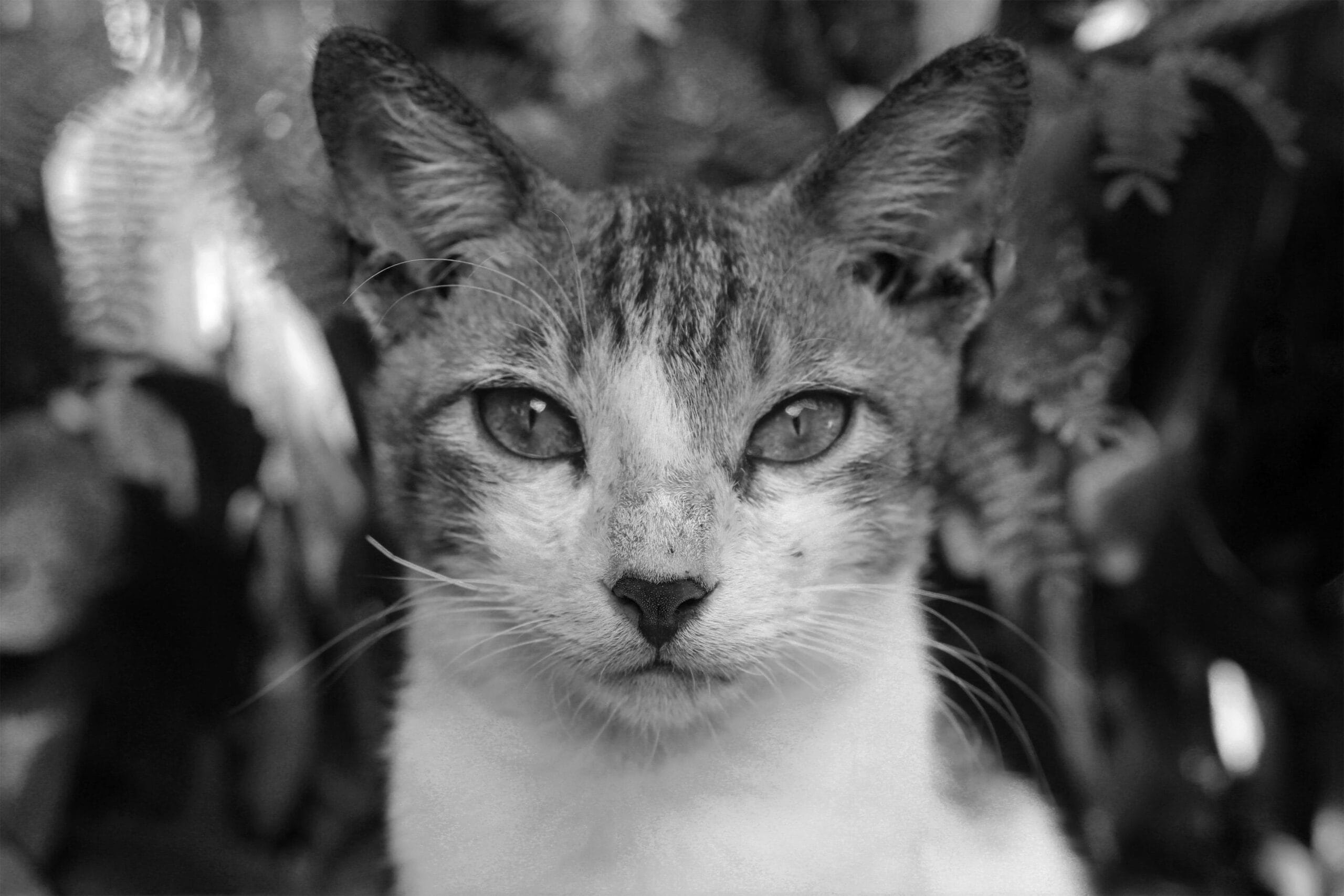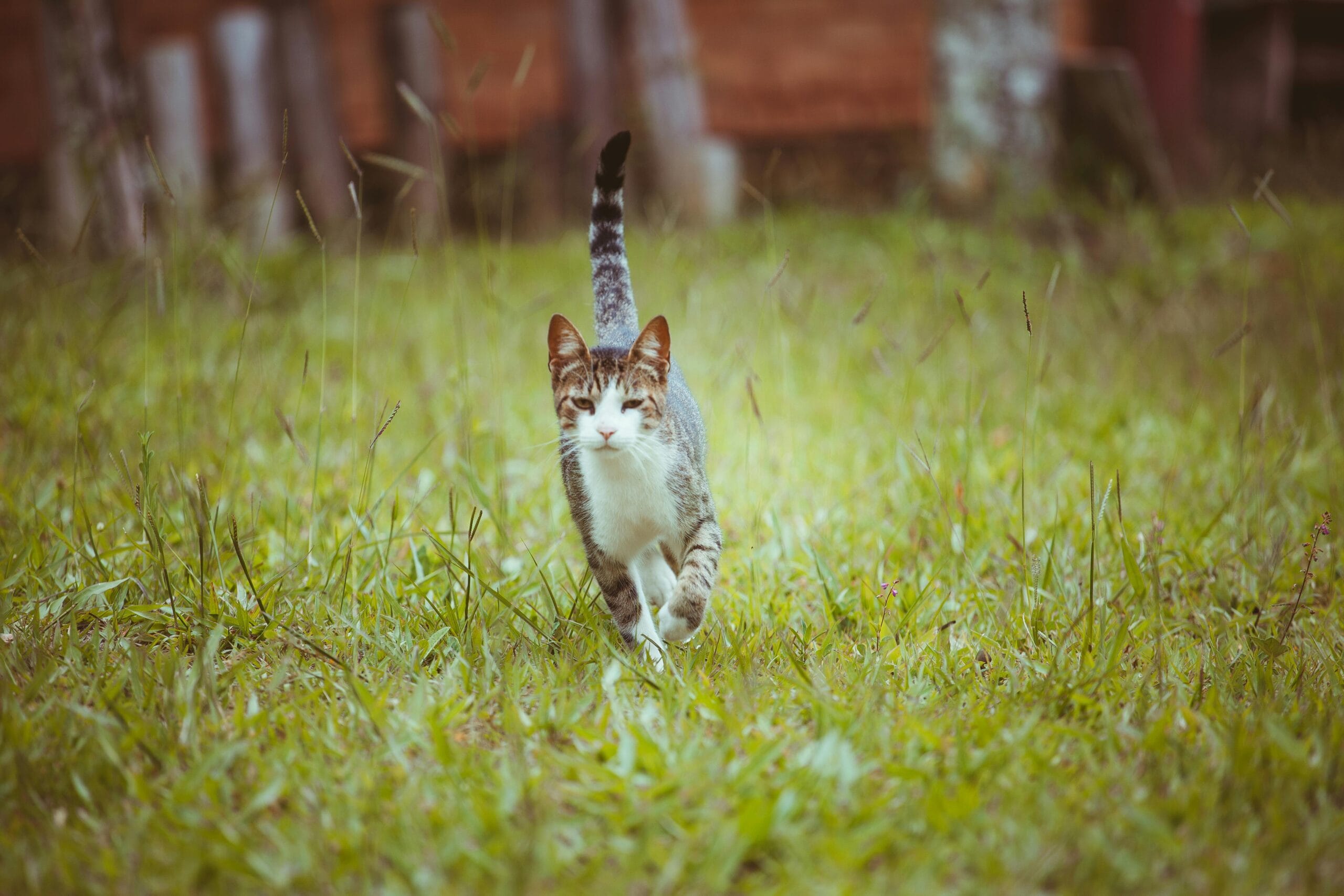When Can You Openly Handle Kittens? Learn the ideal Kitten Handling Age & how to safely handle newborn kittens. Discover expert tips for healthy kitten development!
When Can You Openly Handle Kittens? A Comprehensive Guide
Bringing home a new kitten is an incredibly exciting time, filled with adorable fluffiness and endless purrs. However, knowing when can you openly handle kittens is crucial for their well-being and your own safety. This comprehensive guide will walk you through the different stages of kitten development, explaining the appropriate handling techniques at each age, addressing concerns about handling newborn kittens, and pinpointing the kitten handling age that allows for more open interaction.
Understanding the First Few Weeks: Handling Newborn Kittens
The first few weeks of a kitten’s life are incredibly delicate. Handling newborn kittens should be kept to an absolute minimum. Their immune systems are still developing, and excessive handling can stress the mother cat and increase the risk of disease transmission. In the first two weeks, intervention should be limited to essential health checks by a veterinarian. You might wonder if you even can touch them. We explore this in more detail in our article on can you touch newborn kittens? During this period, the mother cat is responsible for their care, and human interaction should be limited to only the most urgent situations. The mother cat will naturally keep them warm, clean, and stimulated during this vulnerable period.
Even seemingly gentle interactions can disrupt the bond between mother and kittens and might cause stress for the mother. Remember, the mother cat knows best during this critical stage. If you’re concerned about the mother’s ability to care for the kittens, always consult your veterinarian immediately.
The Transition Period: 2-4 Weeks
As kittens reach 2-4 weeks old, they start to become more active and less reliant on their mother for warmth. This is still a critical stage in their development. While you can start to briefly handle them, it’s essential to be gentle and supervise all interactions. Keep sessions short, and always make sure the mother cat feels comfortable and secure. Observe the kittens carefully for any signs of distress, such as hissing, growling, or hiding. Excessive handling can still lead to stress and can negatively impact the kittens’ development at this stage.
A good rule of thumb is to only handle kittens for short periods, ideally one or two times a day, and to always support their bodies fully. Never lift them by their scruff, as this can be painful and harmful. Gently cup your hands underneath their bodies, offering support as you lift them.
The Playful Stage: 4-8 Weeks
Between 4 and 8 weeks old, kittens begin to exhibit more playful behaviour. They start exploring their environment and interacting with their littermates. This is a good time to start socializing them, gently introducing them to various sights, sounds, and textures. At this stage, you can increase the duration and frequency of handling sessions, but it’s important to approach this incrementally. Keep interactions positive and reward good behaviour with gentle petting and praise. During this period, many kittens begin to playfully bite and scratch, leading many owners to seek help on how to address this behavior. We have a helpful guide on how to get kittens to stop biting and a related article on how to get a kitten to stop biting.
Remember to introduce new experiences gradually, allowing kittens time to adjust to new people and environments. If the kitten is showing signs of distress, reduce the frequency and duration of handling and consult a veterinarian or a professional cat behaviorist for support.
The Adolescent Stage: 8-12 Weeks
By 8-12 weeks, kittens are becoming more independent and confident. This is generally considered the ideal kitten handling age for more open interaction. You can start to play more actively with them, using toys to encourage exploration and socialization. However, even at this age, some kittens may be more sensitive than others, and you should always be mindful of their body language. A good indicator to watch is if they pull away, begin to growl, or seem tense.
This is also an important time to consider spaying or neutering your kitten. Learn more about the ideal timing by checking out our guide on when can kittens be fixed.
Continue to supervise all interactions, especially with children, and ensure they are always handled gently and with respect. Never force a kitten to interact if it seems unwilling or stressed.
When Do Kittens Become Cats? The Transition to Adulthood
Around 12 weeks, kittens are transitioning to adulthood. They begin to develop their adult personalities and become more independent. The level of interaction will depend largely on the individual cat’s personality and temperament. However, regardless of their age, gentle handling should always be a priority. Consistent positive handling will help your cat to remain calm and comfortable around you, even into their adult years. You can read more about this significant change in our article on when do kittens become cats.
Even adult cats appreciate gentle handling, and regular petting and grooming can strengthen your bond and enhance their overall well-being. Always respect their boundaries, and never force affection on a cat that doesn’t want it.
Recognizing Signs of Distress in Kittens
Understanding feline body language is crucial for safe and appropriate handling. Signs of distress can include flattened ears, a tucked tail, hissing, growling, or attempts to escape. If you observe any of these signs, stop handling the kitten immediately and give it space to calm down. Forcing interaction when a kitten is stressed can damage your relationship and may lead to behavioral problems in the future.
For more detailed information on feline body language, we highly recommend consulting resources from the ASPCA and the International Cat Care. These organizations offer extensive guidance on proper feline handling techniques and deciphering cat behaviour.
Beyond Handling: Essential Kitten Care
Proper handling is just one aspect of responsible kitten ownership. Providing a stimulating and enriching environment, a balanced diet, and regular veterinary checkups are all essential components of a kitten’s healthy development. A comfortable and safe environment will help your kitten feel secure and less stressed, encouraging positive interactions and facilitating a strong bond between you and your furry friend.
Conclusion: A Gentle Approach is Key
Understanding when can you openly handle kittens is essential for ensuring their health and happiness. While the playful stage at 4-8 weeks allows for increased interaction, remember that a gentle and respectful approach is paramount at every stage of their development. Observing your kitten’s body language, keeping handling sessions appropriate for their age, and providing a secure and stimulating environment will create a positive experience for both you and your kitten. Remember to always consult with your veterinarian or a qualified animal behaviorist if you have any concerns about your kitten’s well-being.
Share Your Kitten Handling Experiences!
We’d love to hear about your experiences handling kittens! Share your stories, tips, and any challenges you’ve encountered in the comments below. Use keywords like “Handling Newborn Kittens,” “Kitten Handling Age,” and “When Can You Openly Handle Kittens” in your comments to help other readers find helpful information. Let’s build a community of informed and compassionate kitten owners!

Frequently Asked Questions: When Can You Openly Handle Kittens
- When can I start handling newborn kittens?
- Handling newborn kittens (Handling Newborn Kittens) should be minimized in the first few weeks of life. Focus on providing warmth and nourishment. Limited handling is okay for brief health checks by a vet or experienced caregiver. After 2-3 weeks, if kittens are healthy and thriving, you can begin very gentle handling.
- At what age is it safe to handle kittens frequently?
- Around 3-4 weeks old, kittens are usually ready for more frequent gentle handling (Kitten Handling Age). However, always observe their behavior. If they show signs of stress (hissing, swatting), reduce interaction.
- What’s the ideal Kitten Handling Age for socializing?
- The most crucial socialization period is between 2 and 7 weeks. Consistent, positive handling during this time is key for developing well-adjusted adult cats. When Can You Openly Handle Kittens depends on their comfort level.
- How do I know if a kitten is ready to be handled?
- Observe the kitten’s behavior. A kitten ready for handling will be curious and approachable, rather than fearful or aggressive. If it readily explores your hand and purrs, that’s a good sign.
- Is it okay to handle kittens multiple times a day?
- Yes, but keep each session short (5-10 minutes) and gentle. Avoid overwhelming the kitten. Too much handling can be stressful, especially for young kittens. When Can You Openly Handle Kittens comfortably is key, not just frequently.
- My kitten is 2 weeks old. Can I handle it often?
- No, limit handling at this age to essential health checks. Too much handling at this young Kitten Handling Age can interfere with the mother’s care and stress the kittens.
- What if my kitten bites or scratches when I handle it?
- This is normal, especially with playful kittens. However, it indicates you might be handling it too roughly or for too long. Reduce interaction and try again later with gentler approaches. Consider your When Can You Openly Handle Kittens approach.
- How do I handle a very shy or scared kitten?
- Approach slowly and calmly. Let the kitten approach you first. Offer treats and gentle petting. Patience is essential. Avoid forcing interaction; this can make things worse. Gradually increase handling time as the kitten gains trust.
- When can I let children handle kittens?
- Supervise children closely, even with older, calm kittens. Teach children gentle handling techniques and respect the kitten’s boundaries. Always prioritize the kitten’s well-being. The answer to When Can You Openly Handle Kittens changes when children are involved; prioritize gentle, supervised interaction.
- Are there any signs that I should avoid handling a kitten?
- Avoid handling a kitten if it appears sick, lethargic, or injured. Contact a veterinarian immediately. Understanding When Can You Openly Handle Kittens helps prevent illness spread and undue stress on a sick kitten.

When Can You Openly Handle Kittens?
Handling kittens safely and responsibly is crucial for their well-being and your own. The age at which you can comfortably and openly handle a kitten depends largely on their development and health. Newborn kittens, for instance, are extremely vulnerable. You should absolutely avoid handling them unless absolutely necessary, such as for emergency veterinary care. For more detailed information on this delicate subject, please refer to our article on whether or not you can touch newborn kittens: Can you touch newborn kittens?
Generally, kittens become easier to handle around 4-6 weeks of age. At this stage, they’re starting to become more coordinated and less fragile. However, even then, gentle handling is key. Avoid sudden movements or loud noises which could startle them. Remember, even friendly kittens can accidentally scratch or bite when they are young and learning to interact. If your kitten is exhibiting excessive biting behavior, please see our guide on how to get your kitten to stop biting: How to get a kitten to stop biting.
As kittens grow, they become more playful and interactive. Between 8-12 weeks, socialization is key. This is the period where they learn appropriate social behaviors. Consistent, positive interactions during this time will help create a well-adjusted, friendly adult cat. However, be mindful of their developmental stage, as some kittens will still need gentle handling and patience.
By around 6 months of age, most kittens have transitioned into adulthood (though they can still be quite playful!). When do kittens become cats? They are generally more confident and less easily startled. However, individual personalities vary, so continue to respect their individual boundaries. Remember, spaying or neutering your kitten is also an important step in their health and development, and timing it correctly plays a role in their overall well-being. Find out more about the ideal time for spaying/neutering on our page about kitten fixing: When can kittens be fixed?
Important Health Considerations: Before handling any kitten, always wash your hands thoroughly. Kittens can be susceptible to various illnesses, and good hygiene practices are essential in preventing the spread of infection. If you notice any signs of illness such as lethargy, loss of appetite, or unusual discharge, consult a veterinarian immediately. Early intervention is crucial in ensuring your kitten’s health.
Ultimately, the best way to know when you can openly handle a kitten is by observing their behavior and responding accordingly. If they seem scared or stressed, give them space and try again later. Patience and respect are key to building a strong bond with your kitten.

When Can You Openly Handle Kittens, Handling Newborn Kittens, Kitten Handling Age